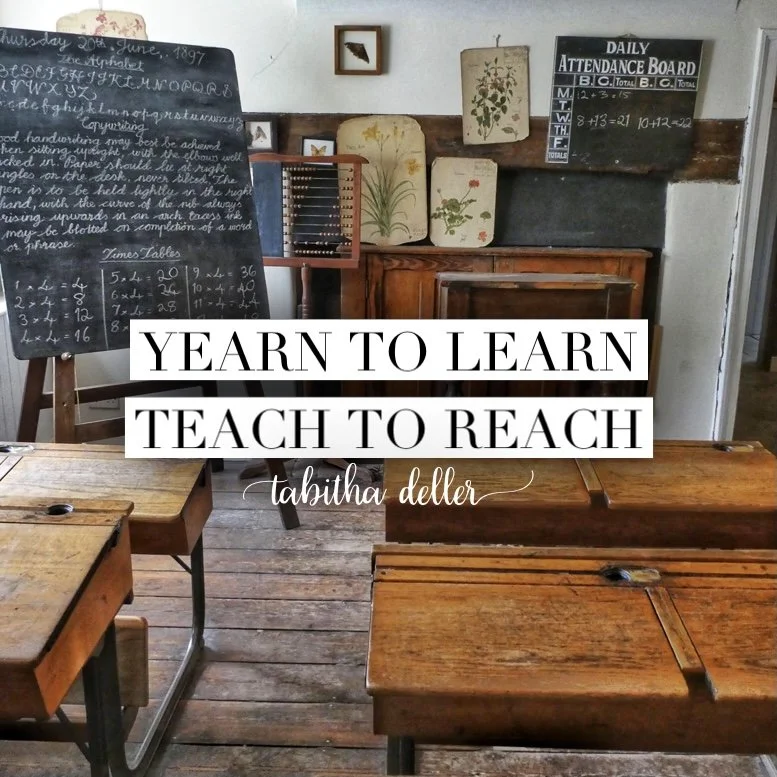deCONstruction: Does it Always Lead to Destruction?
/Deconstruction. I hesitate even using the word, because it is definitely a term widely used by many people on both sides of the conversations that surround it. And because it’s so widely used, it’s honestly also widely confused because it’s often misused.
Which is why in this post, I pick apart the word itself as it may reveal more about the process.
So, what is it, and is it harmful or helpful? Before we dive into the topic, would you agree with me in this simple prayer…
Father, we ask for wisdom as we seek to understand you and your great love for us. We humbly approach this topic as we humbly approach your throne, asking you for grace in the space of seeking you, knowing that apart from Christ, we will never reach you. We seek you and you alone for discernment and wisdom to know when we are removing you from your throne and placing our trust in men or religion or our own moral relativism. We trust you to help us in the conversations we’re having by drawing us closer to your heart, taking us deeper in your Word, and making us stronger in our faith. In Jesus’ Name, Amen
I have friends on both sides of this deconstruction conversation — friends who have deconstructed because they were hurt by the church and friends who have been hurt by loved ones who have deconstructed and not only walked away from their faith, but also their family.
Some feel it’s a freeing process, others say it’s a fleeing process. Are deconstructionists running to God as they run away from the church and those who’ve hurt them or are they running away from God as they run straight into the arms of the world and a culture that will embrace them?
You may still have no idea what “deconstruction” even is (as it relates to faith). You may know quite well what it is because you’ve walked through it yourself or with someone. Or you may be wondering what the big deal is and why people on both sides need to keep talking about it.
It’s definitely been defined in different ways by different people, and because of that, can breed confusion, which is exactly why I believe the enemy is using it to breed confusion.
The term dates back to the 1960’s and the work of philosopher, Jacques Derrida. It can be applied to a vast number of areas, but as it relates to faith and theology, it is a process that begins with doubting, questioning, and examining (which isn’t wrong or bad and can many times, deepen our faith); however, if done in a way that walks away from the firm foundation of scripture and Biblical truth, the end result is the literal deconstruction of one’s faith — picking apart and dismantling God’s Word and His Authority.
This article is a great description of deconstruction, and in my opinion, it is a non bias and thorough definition of the process.
Got Questions Article on Deconstruction
So, in an effort to apply the principles of deconstruction to the word itself, even picking apart the word De-CON-struc-tion, reveals a three letter word in the center of the word that in my opinion, represents the enemy who loves to weasel his way smack dab into the middle of process. Satan is the original CON artist (a person who cheats or tricks others by persuading them to believe something that is not true). He is the father of lies, and his con artistry started in the garden when he said to Eve, “Did God really say?” (Genesis 3:1) He’s been planting seeds of doubt ever since.
Upon further scrutiny of the word DE-con-STRUCTION, we see, WHEN the enemy is at the core of it, what’s left is DESTRUCTION. WHEN we know his master plan is to steal, kill, and destroy (John 10:10), we can recognize his tactics and combat them with the Word of God and the Good News of the Gospel as we claim victory over our enemy through Jesus Christ who sets us free!
I just heard this quote from Pastor Riggins of New Life Church on Sunday, “Satan tempts us to destroy our faith, but God tests us to deepen our faith.” We must recognize the difference. Are we believing lies or standing on truth?
Read More
